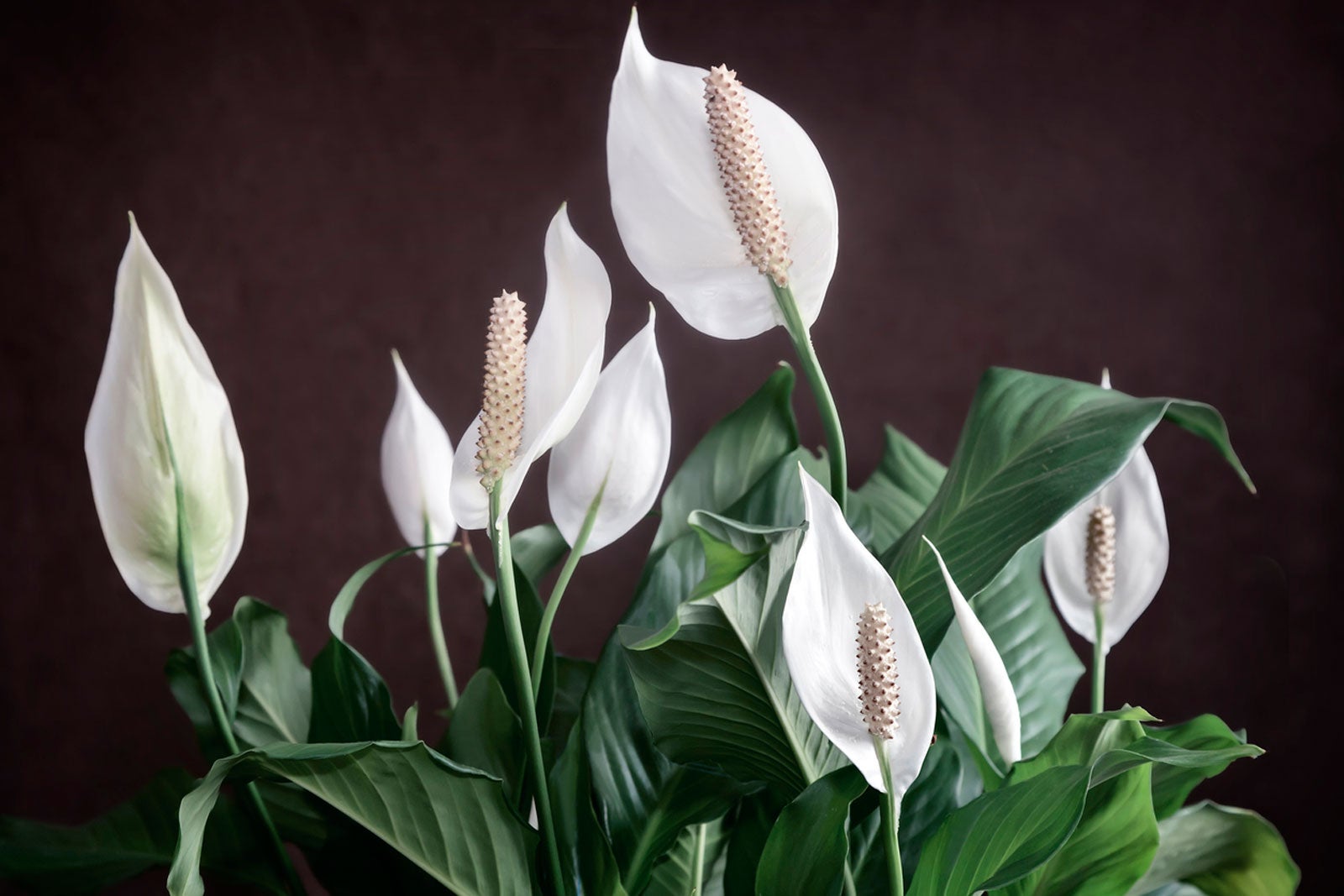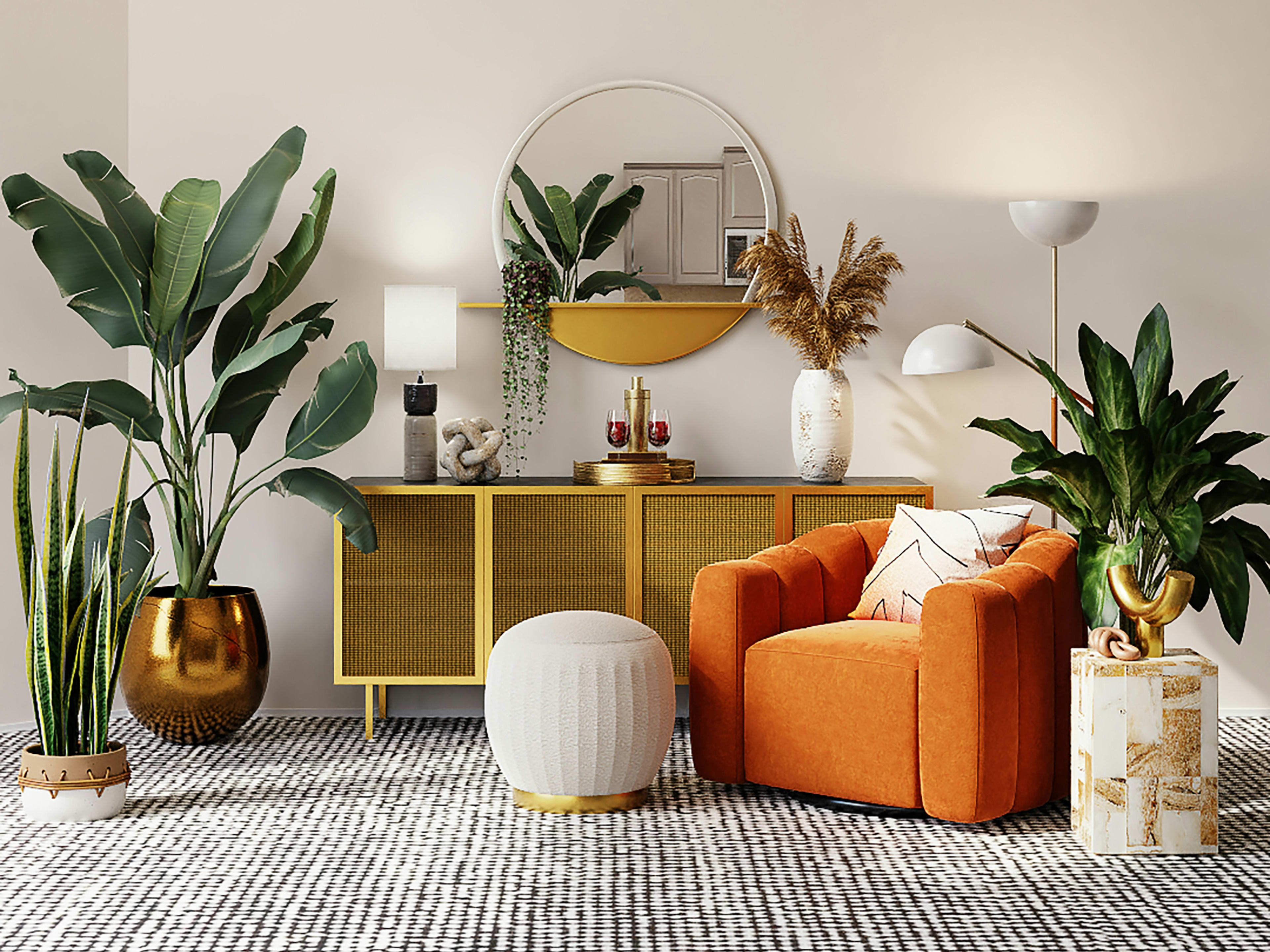Enhance Your Home Décor with the Best Low-Light Indoor Plants
Enhance Your Home Décor with the Best Low-Light Indoor Plants
Blog Article
Transform Your Home With Beautiful Low-Light Indoor Plants and Their Benefits
Integrating low-light indoor plants into your home can dramatically enhance both the aesthetic and ecological high quality of your living areas. These plants, which flourish in dark problems, offer not just as ornamental aspects however also as all-natural air cleansers, making them ideal for urban occupants or those with minimal sunshine direct exposure. As we discover the different sorts of low-light plants and their advantages, you might find surprising methods to incorporate them right into your home that can change your environments in ways you may not have actually expected.
Benefits of Low-Light Plants
Low-light plants supply many benefits for indoor environments, making them an exceptional option for both novice and knowledgeable garden enthusiasts. One of the primary benefits is their flexibility to low-light problems, permitting individuals to improve their living rooms without the need for comprehensive sunshine direct exposure. This characteristic makes them ideal for apartments, offices, and various other areas with minimal natural light.

Moreover, incorporating low-light plants right into home décor can boost the visual appeal of a room. Their lavish vegetation and differed textures produce a calming ambience, adding to overall health. Lastly, the visibility of greenery has actually been connected to decreased stress levels and improved performance, making low-light plants a functional option for enhancing both psychological and physical wellness in interior settings.
Leading Low-Light Indoor Plants
While lots of interior plants prosper in bright light, several varieties are particularly appropriate for low-light problems, making them optimal for numerous interior spaces. One prominent selection is the Serpent Plant (Sansevieria), recognized for its striking upright fallen leaves and resilience, needing marginal treatment. One more superb choice is the Pothos (Epipremnum aureum), which features heart-shaped fallen leaves and can track magnificently from racks or wall mounts, flourishing in reduced light and including a lavish touch.
The ZZ Plant (Zamioculcas zamiifolia) is celebrated for its glossy fallen leaves and capacity to stand up to forget, making it ideal for active lifestyles. Similarly, the Peace Lily (Spathiphyllum) not just endures low light however additionally creates magnificent white flowers, boosting any kind of space's visual.
For a special touch, think about the Cast Iron Plant (Aspidistra elatior), which certainly meets its name, growing in the darkest corners of your home. Lastly, the Chinese Evergreen (Aglaonema) uses a range of fallen leave patterns and shades while being extremely flexible in low-light problems. These plants not just beautify indoor settings but additionally add to air filtration, improving your space.
Treatment Tips for Low-Light Plants

Watering practices are crucial; these plants commonly choose a little completely dry problems. Overwatering can bring about root rot, so make certain that the top inch of soil is dry before watering again. Use pots with water drainage holes to allow excess dampness to escape.
Moisture is an additional important aspect. Many low-light plants, such as brushes and peace lilies, gain from greater humidity levels. To increase humidity, take into consideration misting the fallen leaves or putting a tray of water near the plants.
Fertilization ought to be approached with caution. During the growing season, utilize a watered down, balanced liquid plant food each month to support growth, however avoid feeding during the inactive wintertime months.

Innovative Ways to Display Plants
Indoor plants can function as captivating centerpieces in any type of area, improving both aesthetic allure and atmosphere. Imaginative displays can boost the visual influence of low-light plants, making them an indispensable part of your home style. One reliable approach is to look what i found use tiered plant stands, which enable you to display numerous plants at varying heights while optimizing floor room.
Hanging planters are an additional innovative alternative, creating a sense of depth and drawing the eye upward. Think about macramé hangers or wall-mounted shelves to present an one-of-a-kind texture and style.
For a more organized approach, usage geometric terrariums or glass containers to house your plants, including a contemporary touch to your indoor garden. You can also repurpose classic things, such as teacups or wooden dog crates, for an eclectic display screen that reflects your individuality.
Enhancing Home Ambiance With Plants
Integrating low-light plants into your home not just enhances aesthetic appeal yet also contributes significantly to the general setting. These plants serve as natural design elements, presenting a sense of harmony that can transform any space. The presence of greenery cultivates a calming atmosphere, which is particularly useful in high-stress settings such as office or living spaces.
Low-light plants, such as serpent plants, pothos, and ZZ plants, are not visit the website just aesthetically pleasing however additionally improve indoor air top quality by filtering system pollutants. This double feature improves the atmosphere further, producing a much healthier home (Best low-light indoor plants). The calculated placement of these plants can also affect the perception of area; for instance, high plants can attract the eye up, making ceilings appear higher and areas extra sizable
Moreover, varying structures and colors of foliage add depth to indoor style, enabling creative expression in home designing. Whether put on shelves, in edges, or as focal points, low-light plants can boost the state of mind of any type of area. In summary, incorporating these plants right into your home is an effective method to promote a cozy, welcoming ambience while profiting of boosted air quality and aesthetic versatility.
Final Thought
Incorporating low-light indoor plants right into home environments uses many benefits, consisting of improved aesthetic allure and enhanced air high quality. These durable plants, such as the Snake Plant and Tranquility Lily, call for minimal light and upkeep, making them ideal for diverse way of lives.
While many indoor plants flourish in bright light, several types are particularly fit for low-light visit their website conditions, making them excellent for different indoor areas. One efficient approach is to use tiered plant stands, which enable you to showcase multiple plants at varying heights while taking full advantage of floor area.
Low-light plants, such as serpent plants, pothos, and ZZ plants, are not just visually pleasing yet additionally boost interior air top quality by filtering toxins. Best low-light indoor plants. The critical placement of these plants can additionally affect the understanding of room; for circumstances, high plants can draw the eye upward, making ceilings appear greater and spaces more large
These resilient plants, such as the Snake Plant and Peace Lily, need minimal light and maintenance, making them appropriate for varied way of lives.
Report this page